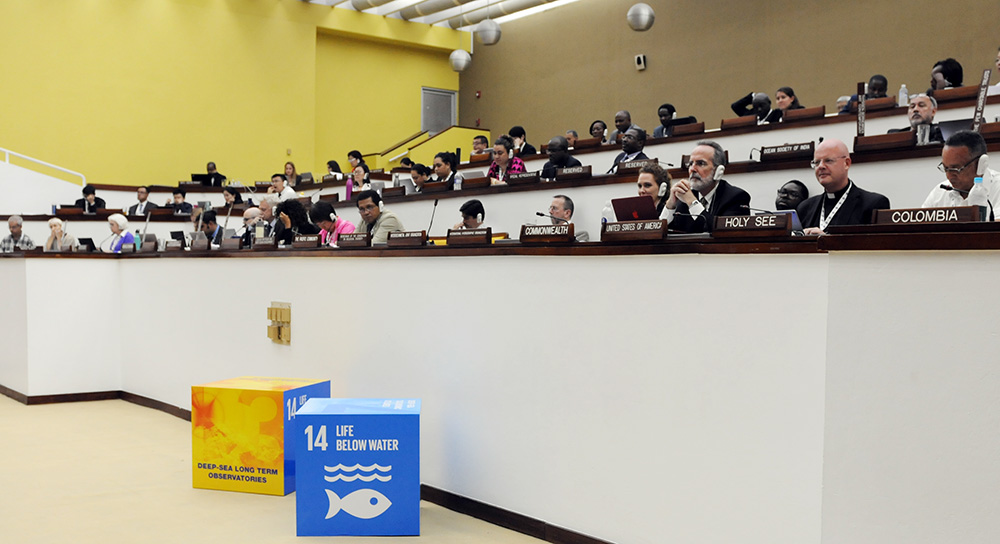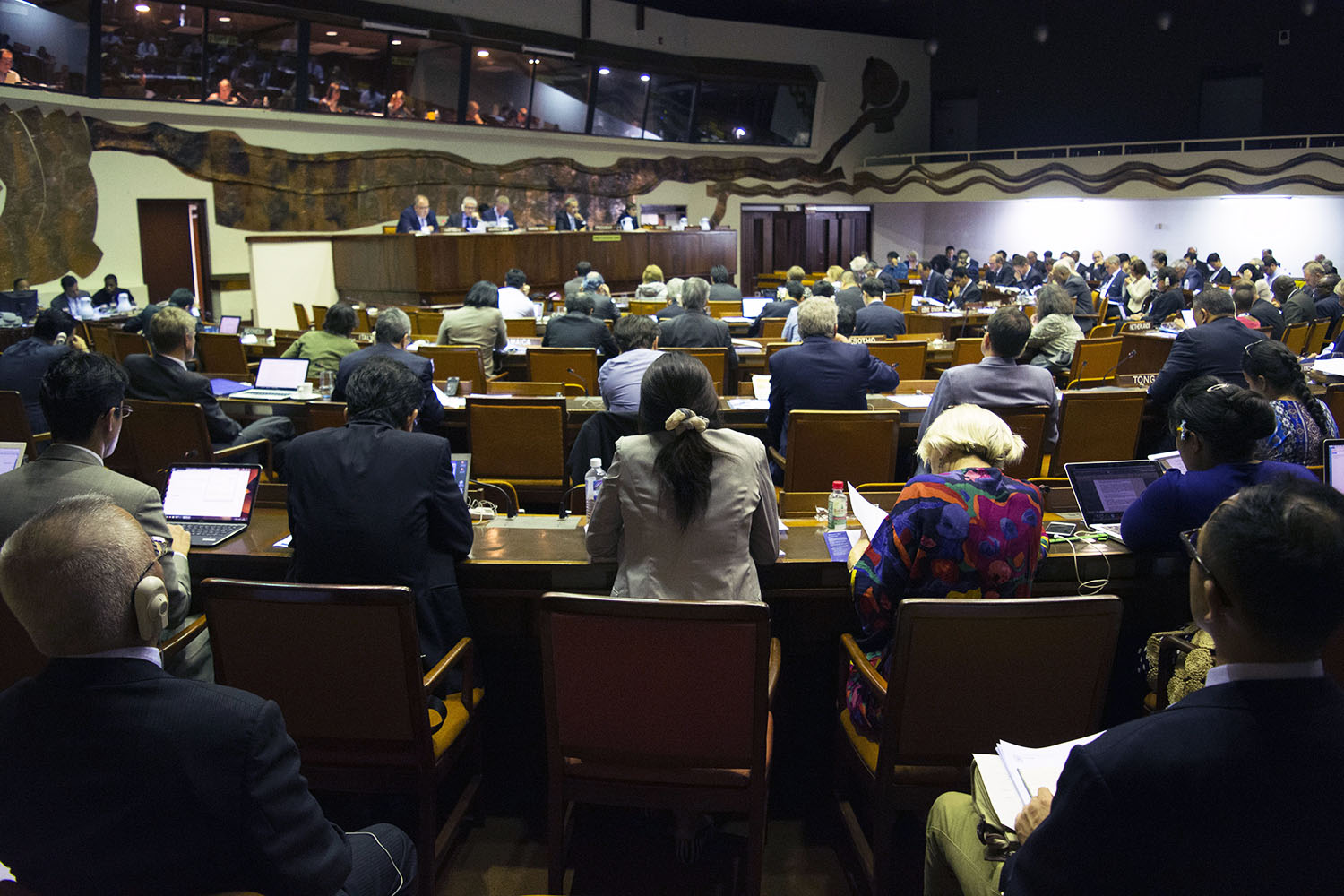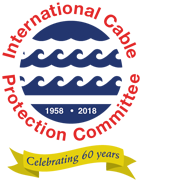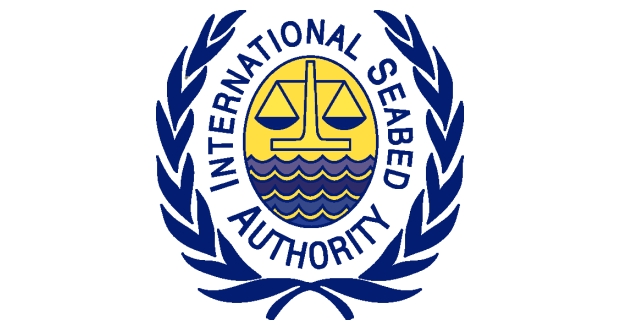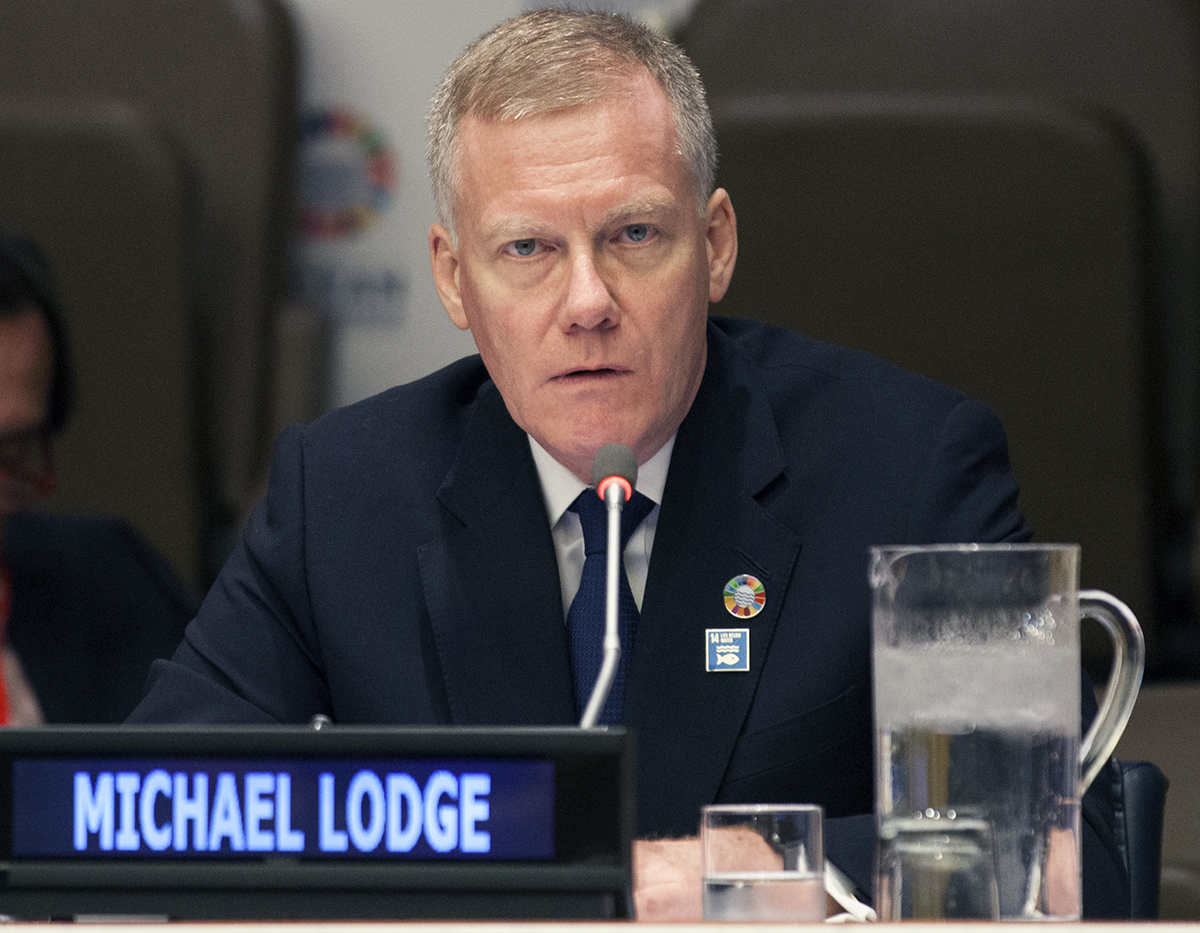Throughout the week-long Council Meeting of the 25th Session of the International Seabed Authority, one issue continuously bubbled up in the breezeways, on the bus, and around the bars, a source of debate even though it would not be brought to the table until the Assembly convened the next Monday. The topic such intense discussion? A draft of the guidelines for observer status of non-governmental organizations with the International Seabed Authority.
Currently, the process for establishing observer status is relatively informal, with interested stakeholder groups submitting basic information and a letter of introduction to the Assembly, who votes to approve or reject. Potential observers have little guidance on how to navigate this process, what criteria they have to meet, and what is expected of them. More clear and detailed guidelines would provide a clearer pathway to observer status as more stakeholders become invested in the advancement of deep-sea mining regulations and the Assembly welcomed the introduction of more detailed guiding documents if not the contents of the current draft.
It is unusual for so seemingly innocuous a document to inspire such heated discussion from council members and observers, but these particular guidelines were particularly challenging. Delegates described them in terms ranging from “overly restrictive” to “contradicts the mandate of the ISA” to “outrageous”. When the draft guidelines finally came up for discussion on Monday, July 22, the ensuring debate occupied nearly half the day.
At the heart of the Assembly’s frustration were three themes that delegates felt dramatically overstepped, if not directly contradicted the Authority’s mandate: A periodic review of observer status; a requirement that observers must act to support the work of the Authority; and restrictive criteria concerning which organizations qualify for observer status.
On the periodic review of observer status, several delegations voiced their concerns that it could be used punitively to remove observers from meetings, and that a better approach to periodic review could be participation-based, with a review of observer status triggered by a failure of the observer to participate in Council or Assembly meetings. Several delegations also noted that the ISA has a mandate for transparency and to encourage broad public participation. Notably, Canada asserted that whatever criteria the Assembly settles upon, it should be broad enough to include indigenous groups.
Perhaps the most vocal disagreement with the draft observer regulations emerged from several clauses that required observers to promote and support the work of the Authority. Many delegations noted that broad public participation of relevant stakeholder groups must necessarily include those who may be opposed to the current work of the International Seabed Authority or who take a neutral stance, neither promoting nor opposing the work of the Authority. The common heritage principle, states one observer “requires broad participation for transparency and credibility, even when participants’ views are not in line with those of the Authority.”
The Assembly voted on four new Observer applications. The Ocean Society of India was awarded observer status, while two other applications were either tabled as the Assembly opted to wait until new observer guidelines are established before moving forward with their election. One application for observer status was rejected outright.
It seemed as though a body that often struggles to find consensus on a multitude of issues was united in its opposition to the draft observer guidelines. One observer even noted that their shared grievances surrounding these guidelines provided a welcome opening to initiate discussions among delegations that rarely find common ground.
Representatives from the ISA declined to respond to Deep-sea Mining Observer’s request for comment.
